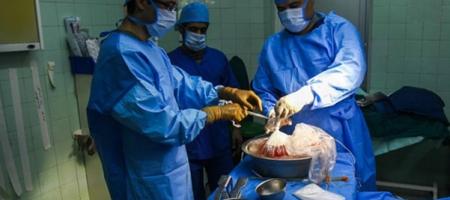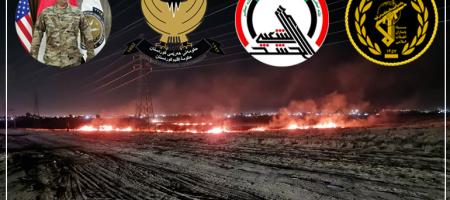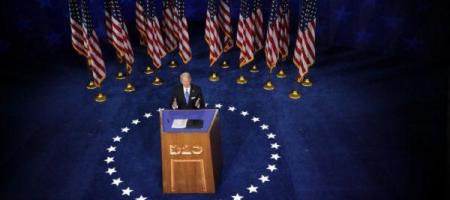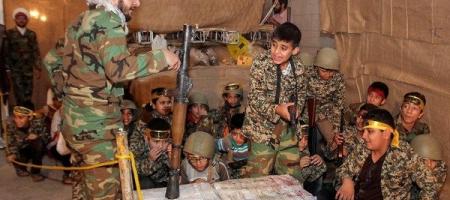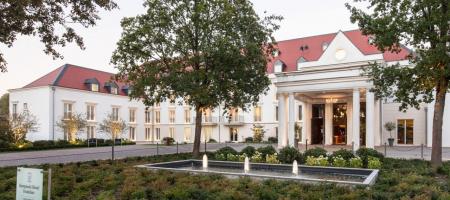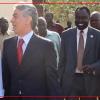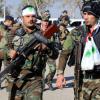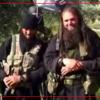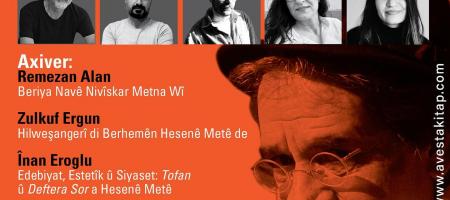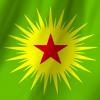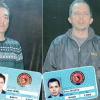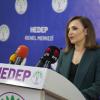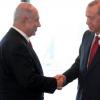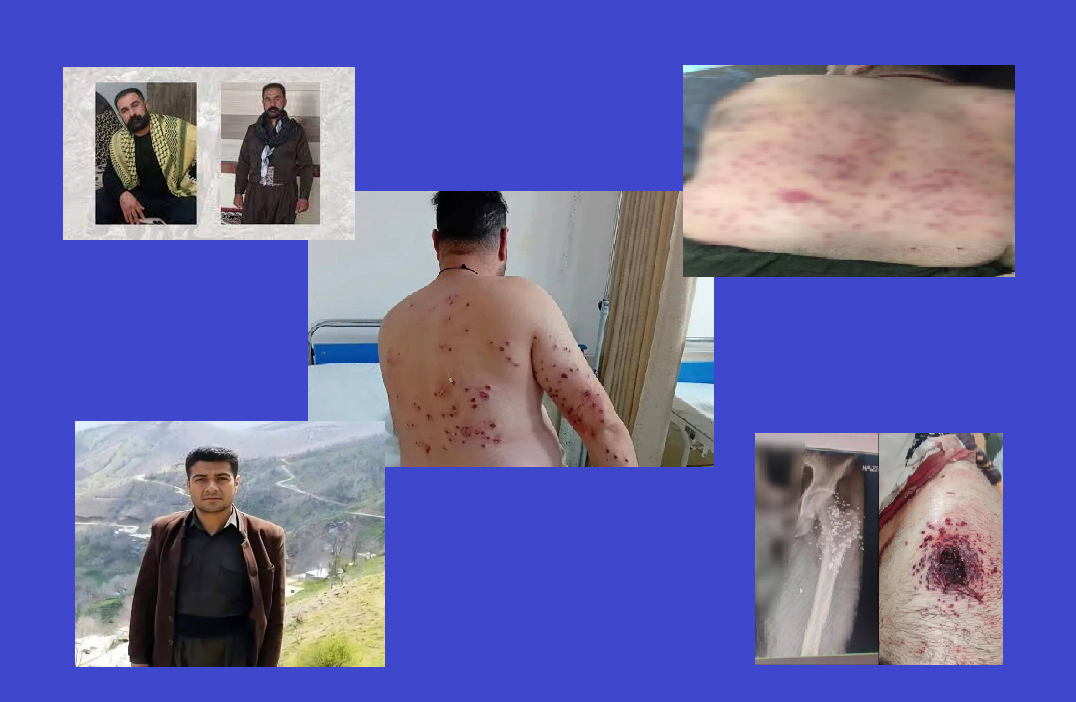
The killing of citizens of national minorities has always been a common thing for the government of Iran, both during the Pahlavi reign and now. For this reason, Iranian military forces easily allow themselves to shoot directly at the chest and head of citizens from national minorities.
According to the reports received in Avatody, on the evening of Saturday, February 24, the border forces of Iran at the border point of Nosud, shelled the Kolbars without prior warning, injuring 21 Kolbars.
According to the statements of eyewitnesses, the border forces of Iran fired at the Kolbars with shotguns, which injured a large number of Kolbars.
According to one of the reliable sources of Avatody, one of the wounded Kolbars is only 14 years old. The identity of some of the Kolbars includes:
Mohammad Moradi from Sarokhan village, Behnam Khosravi, Hossein Bahrami from Kalash village, Milad Chamzarshak from Dalaho, Farzad Rostami from Dalaho, Fawad Faizi from Hashmiz village, Mobin Karmi from Sanandaj, Kaveh (unknown family) from Marivan, Arman Rahmani and Mahmoud (surname unknown) both Salas Babajani, Yahya Nouri from Sarovabad, Maysam Rostami from Paveh, Mehdi (surname unknown) from Marivan, Amir Rahmani from Dalaho, Ehsan Hosseini, Tawfiq Ahmadi from Javanrud.
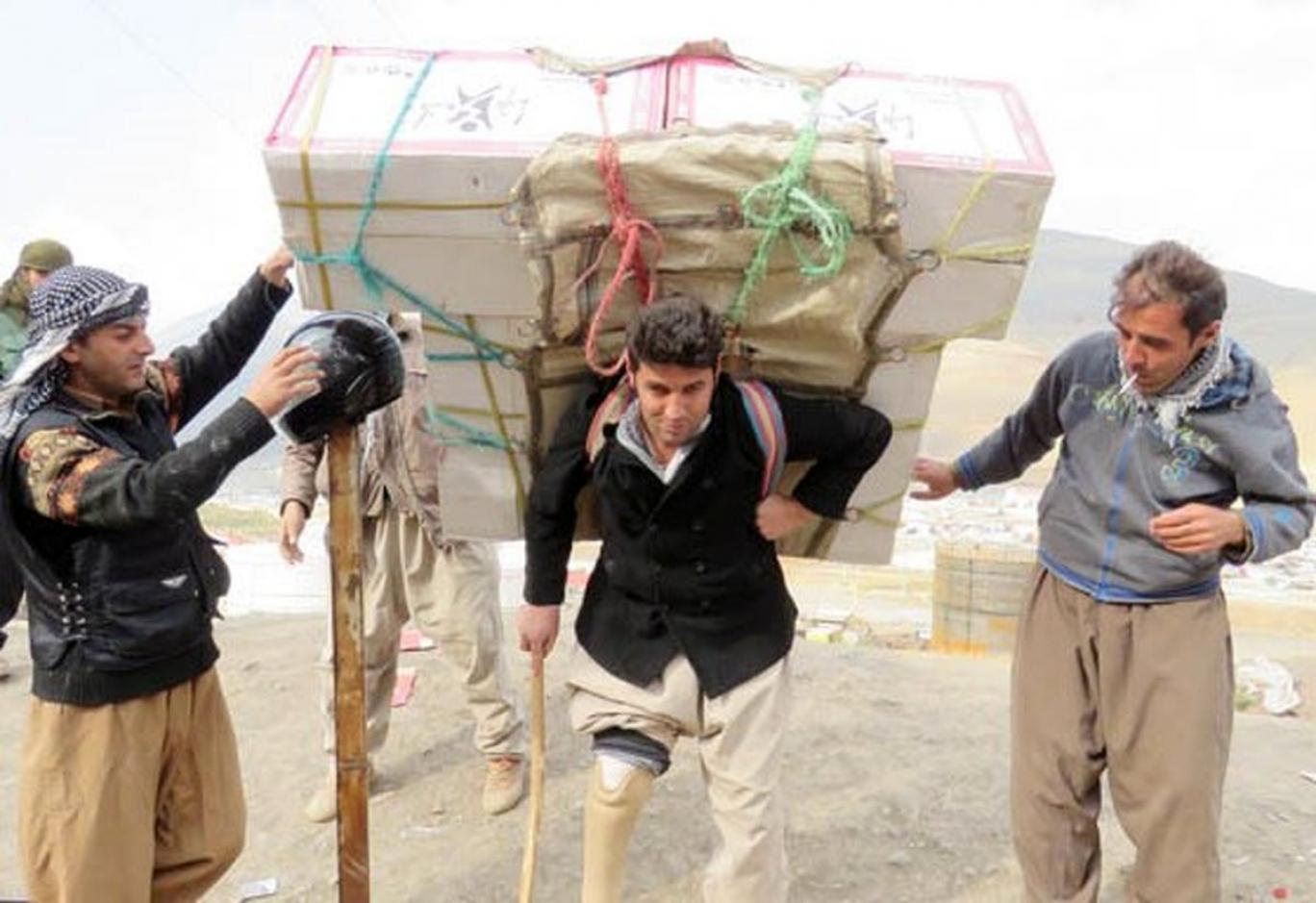
On the other hand, on Monday, February 25th, a young Kolbar from Saqqez, named Jafar Faraji, was killed by direct fire from the Iranian military.
According to the reports sent to Avatody, this Colbar was killed in the Baneh border strip and his body was transferred to Salahuddin Ayubi Hospital of this city.
The series of events and killing of Kurds does not end here. On Tuesday, February 27, Kaveh Saraf, a businessman from Sardasht, Urmia, was killed by direct fire from the Islamic Revolutionary Guard Corps.
Kaveh Saraf was targeted by the IRGC forces near Savan village and died instantly. Kaveh Saraf is from Gore Shir village and has three children.
Kolbery in Kurdistan is not a job, but the Kurdish people must give in to it out of necessity. Kurdistan provinces of Iran are suffering from severe poverty and unemployment due to the lack of investment by the Iranian government, as well as the looting of Kurdistan's underground resources and its transfer to the center of Iran.

